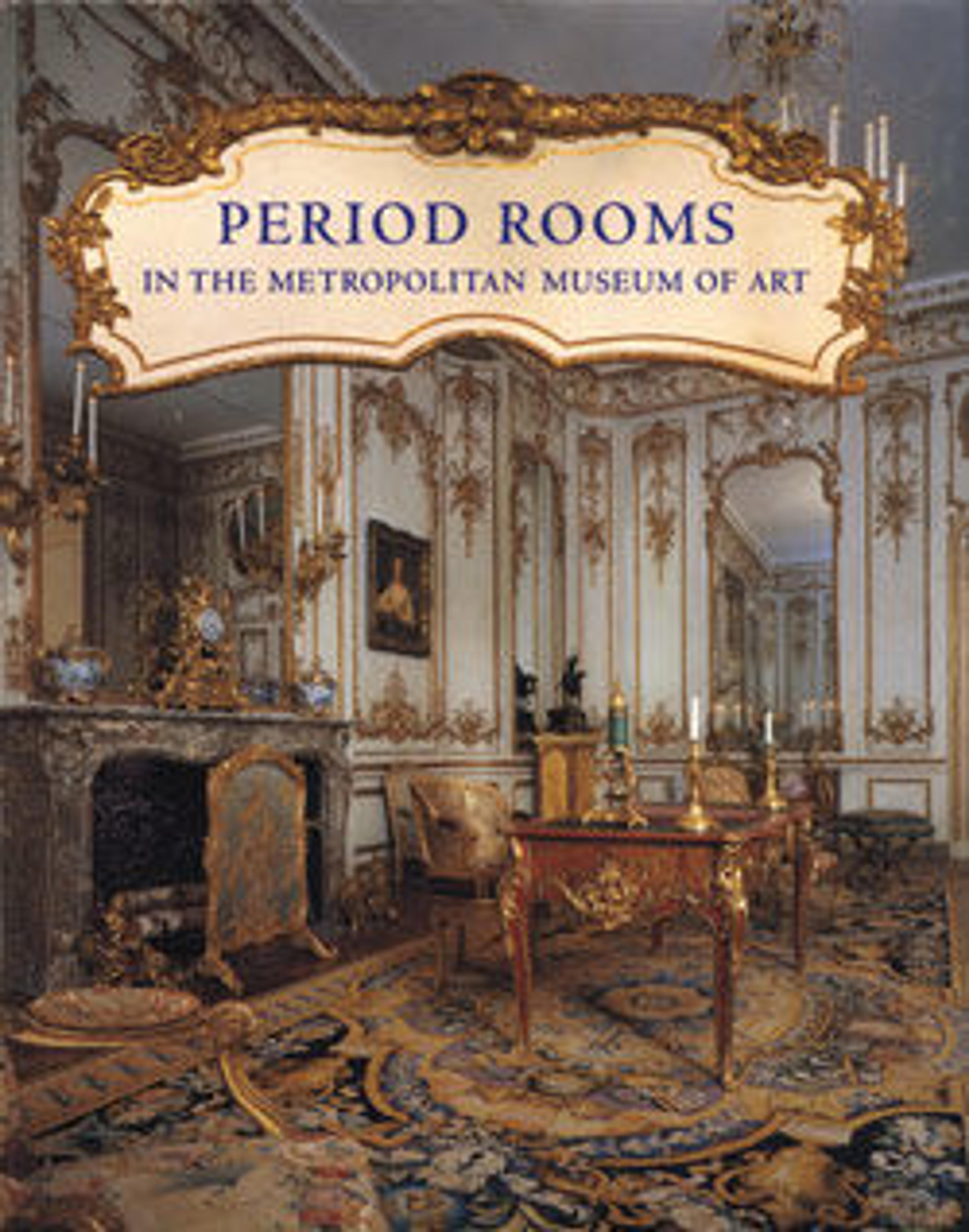Sideboard
Unknown in American homes prior to the 1790s, the sideboard quickly became an essential component of the fashionable dining room. It provided space for the storage and display of expensive silver flatware, porcelain, and glassware used during the course of a meal. This massive and resplendent example with an accompanying knife box is a tour de force of early-nineteenth-century cabinetmaking. It includes a unique variety of ornament, from inlaid panels of mahogany veneer, marquetry, and silver-plated copper to verre églomisé, or reverse painting on glass on the panels flanking the central lunette.
Artwork Details
- Title: Sideboard
- Date: ca. 1795–1805
- Geography: Possibly made in Baltimore, Maryland, United States; Possibly made in Philadelphia, Pennsylvania, United States
- Culture: American
- Medium: Mahogany, satinwood, silver, copper, verre églomisé with yellow poplar, white pine, mahogany
- Dimensions: 65 1/2 x 89 x 31 in. (166.4 x 226.1 x 78.7 cm)
- Credit Line: Purchase, Joseph Pulitzer Bequest and Mitchel Taradash Gift, 1945
- Object Number: 45.77
- Curatorial Department: The American Wing
More Artwork
Research Resources
The Met provides unparalleled resources for research and welcomes an international community of students and scholars. The Met's Open Access API is where creators and researchers can connect to the The Met collection. Open Access data and public domain images are available for unrestricted commercial and noncommercial use without permission or fee.
To request images under copyright and other restrictions, please use this Image Request form.
Feedback
We continue to research and examine historical and cultural context for objects in The Met collection. If you have comments or questions about this object record, please contact us using the form below. The Museum looks forward to receiving your comments.
